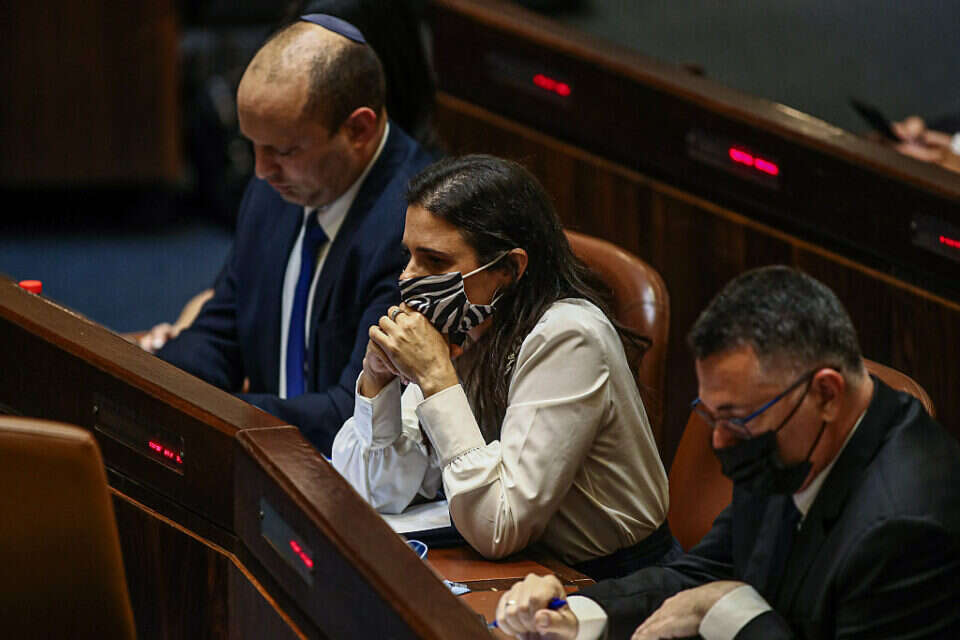The Supreme Court today (Monday) accepted the request for leave to appeal filed by the Association for Civil Rights, HaMoked and Physicians for Human Rights and ruled that the state can not continue to conduct itself as if the Citizenship Law is in force.
The Supreme Court's decision states that "the respondents (representatives of the state) must act within the scope of the existing law only, and they are no longer allowed to act under the Temporary Provision Law or the procedures issued under it, as long as this law is not in force."
Last December, the organizations filed a request for leave to appeal to the court, arguing that the Minister of the Interior's policy should not be allowed to ignore the fact that the Citizenship Law has expired and that "the Ministry of the Interior's abusive and illegal policy should not be tolerated. "Various courts until the matter is decided by the government and the Knesset."
The Association for Civil Rights, HaMoked and Physicians for Human Rights welcomed the Supreme Court's decision, stating: All status applicants in Israel. "
The Citizenship Law passed on Sunday in the Ministerial Committee on Legislative Affairs.
The law prevents the granting of permanent status and family reunification by Israeli and Palestinian Arab families as well as by citizens of enemy countries.
It is also proposed that the law be enacted as a temporary provision for a year that will be re-examined in accordance with the security situation that exists at the time.
Nine ministers supported the law, with Environment Minister Tamar Zandberg of Meretz voting against it and Diaspora Minister Nachman Shai (Labor) abstaining.
The law was raised by the Minister of the Interior, Ayelet Shaked, who reminded the ministers during the debate that this is a law "that has been in place for 18 years."
The law will go to a vote
In July last year, the Likud refused to support the law, which the party itself created, in order to embarrass the coalition.
Even in the coalition itself, parts of the left and Ma'aram opposed the law.
Following this, HaMoked launched an extensive campaign with the aim of submitting thousands of applications for family unification in the near future.
The campaign reported that today, there are about 3,500 families in which one spouse holds only temporary residency.
In other words, thousands of people are likely to be eligible for permanent residency or citizenship.
When a majority was obtained, Minister Shaked raised the law in the Ministerial Committee.
Later, the law is expected to be put to a vote in the Knesset.
Were we wrong?
Fixed!
If you found an error in the article, we'll be happy for you to share it with us

